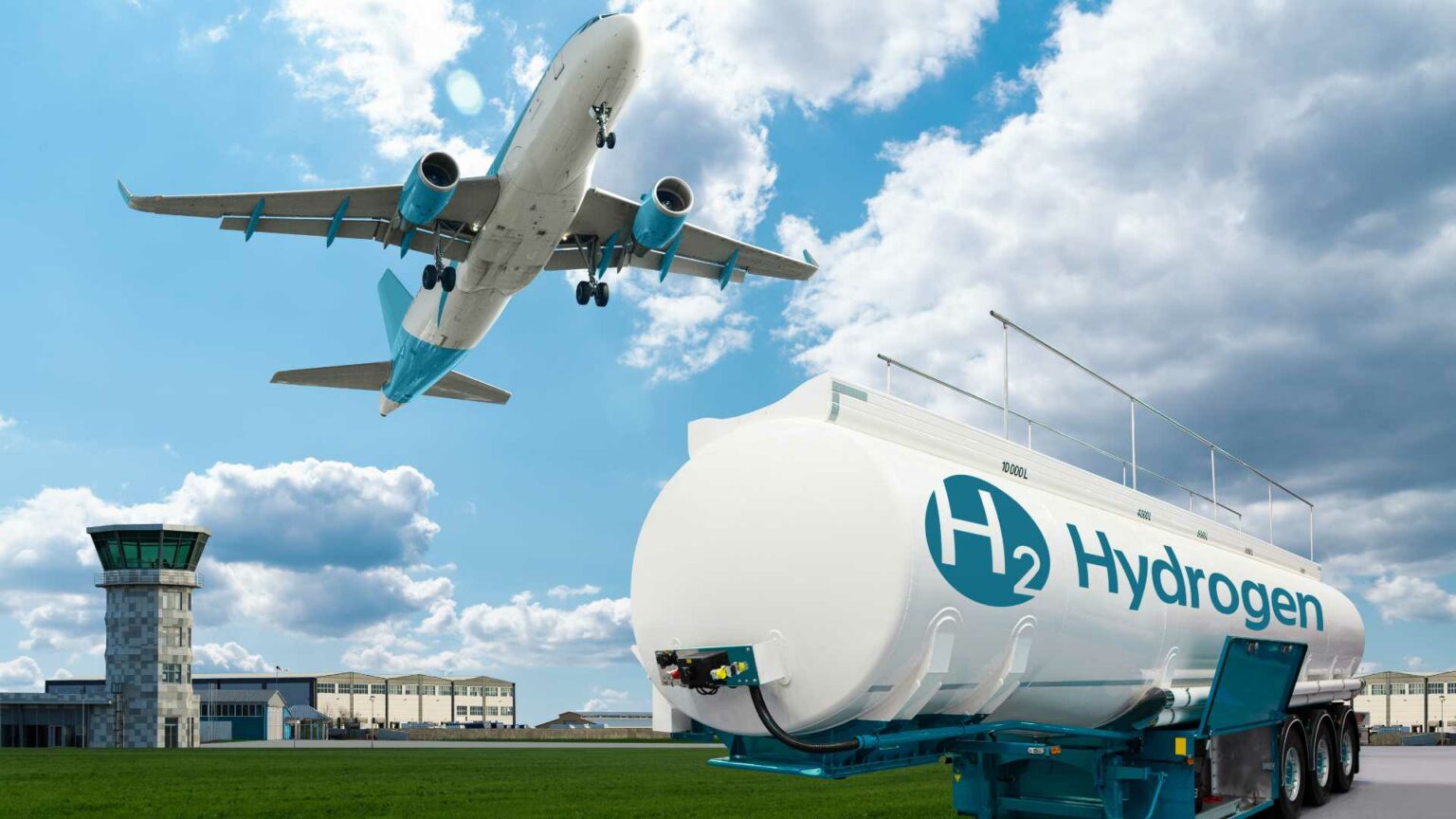Researcher Manigandan Sekar has explored the potential of hydrogen-enriched fuel injections to significantly enhance the performance of turbojet engines. This innovative approach highlights the versatility and efficiency of hydrogen as a clean energy source within the aviation industry.
The global push for sustainable and cleaner energy solutions drives intense research on hydrogen technologies. Hydrogen presents a promising alternative to conventional fossil fuels with its high energy content and zero carbon emissions when burned. This study’s relevance lies in its potential to revolutionize the aviation sector, which urgently needs efficient, low-emission propulsion systems.
Research Overview
The study, “Gaseous Fuel Injection Assisted with Rich Hydrogen Content in Turbojet Engine for Enhanced Thrust and Combustion Efficiency,” investigates the effects of incorporating hydrogen-rich gaseous fuel into the combustion process of turbojet engines. Manigandan Sekar published the research on August 12, 2024, in Volume 78 of the International Journal of Hydrogen Energy.
Main Findings
The abstract of the study outlines several key findings:
1. Enhanced Thrust: The injection of hydrogen-rich gaseous fuel into the engine markedly improved thrust, demonstrating the superiority of hydrogen over traditional jet fuels in certain performance metrics.
2. Improved Combustion Efficiency: Hydrogen’s favorable combustion characteristics resulted in more efficient fuel burn, reducing waste and optimizing energy usage within the engine.
3. Potential for Emissions Reduction: While not detailed in the abstract, the use of hydrogen implies reducing carbon emissions, aligning with global sustainability goals.
Technical Details
The study employs a technical methodology that includes:
– Fuel Injection Systems: Utilizing advanced fuel injection systems capable of handling and delivering hydrogen-enriched gases.
– Combustion Analysis: Detailed examination of combustion processes to assess efficiency improvements and thrust augmentation.
The potential applications of this research are significant:
– Aviation Sector: The findings could lead to developing more fuel-efficient and environmentally friendly turbojet engines, potentially transforming the aviation industry.
– Broader Energy Applications: Insights gained from this research could extend to other sectors requiring high-efficiency combustion engines.
Regarding market relevance, the research positions hydrogen as a viable and superior alternative fuel, bolstering its market potential. The aviation industry’s ongoing search for sustainable solutions could drive adoption and further innovation in hydrogen fuel technologies.
Broader Implications
The broader implications of this study suggest a profound impact on the hydrogen industry. If further developed and commercialized, hydrogen-enhanced turbojet engines could become a cornerstone of a new era in sustainable aviation, reducing the sector’s carbon footprint and promoting energy independence from fossil fuels.
